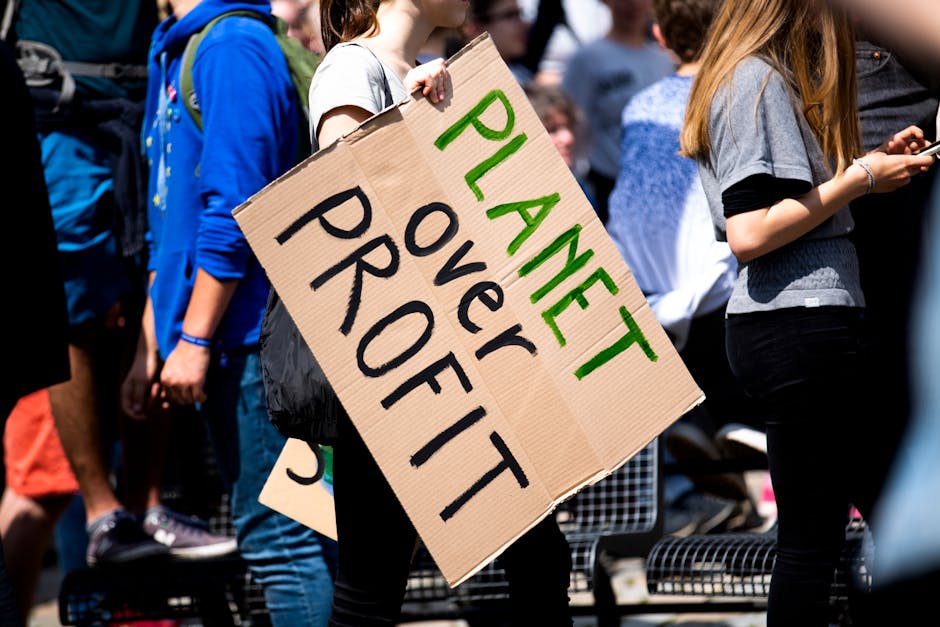Global warming refers to the gradual increase in the average temperature of the Earth's atmosphere and oceans, primarily due to human activities that release greenhouse gases. These gases trap heat in the atmosphere, leading to a rise in temperatures and a disruption of natural climate patterns.
The primary cause of global warming is the burning of fossil fuels, such as coal, oil, and natural gas. These activities release large amounts of carbon dioxide into the atmosphere, which contributes to the greenhouse effect. Deforestation also contributes to global warming, as trees absorb carbon dioxide and release oxygen.
The effects of global warming are far-reaching and include rising sea levels, melting glaciers, increasingly frequent and severe weather events, and alterations in plant and animal life. Rising sea levels pose a significant threat to coastal communities and infrastructure, while melting glaciers can lead to water shortages and disruptions in ecosystems. Extreme weather events, such as hurricanes, droughts, and floods, can cause widespread damage, loss of life, and economic disruption.
The consequences of global warming are not just environmental but also socioeconomic. Rising temperatures can negatively impact human health, particularly among vulnerable populations. Changes in climate can affect agricultural productivity, leading to food shortages and price increases. Furthermore, the economic costs of adapting to and mitigating the effects of global warming are substantial.
Addressing global warming requires a multifaceted approach that involves reducing greenhouse gas emissions, transitioning to sustainable energy sources, and adapting to the impacts of climate change. Governments, businesses, and individuals must work together to adopt measures that will limit global warming and its associated risks.
International agreements, such as the Paris Agreement, provide a framework for global collaboration on climate change mitigation and adaptation. Countries have committed to reducing their greenhouse gas emissions and supporting developing countries in their efforts to adapt to climate change.
Renewable energy sources, such as solar and wind power, offer clean and sustainable alternatives to fossil fuels. By investing in these technologies, we can reduce our reliance on carbon-intensive energy sources and mitigate greenhouse gas emissions.
Adaptation measures are also crucial to manage the impacts of global warming that are already occurring or are unavoidable. These measures include building seawalls to protect coastal communities, developing drought-resistant crops, and implementing early warning systems for extreme weather events.
Global warming poses a significant threat to our planet and future. By understanding its causes, effects, and potential solutions, we can take collective action to mitigate its impacts and ensure a sustainable future for generations to come.

